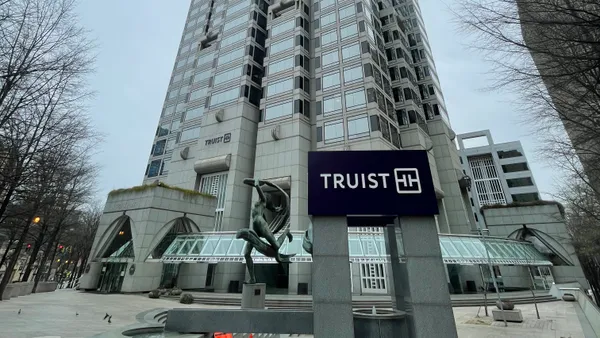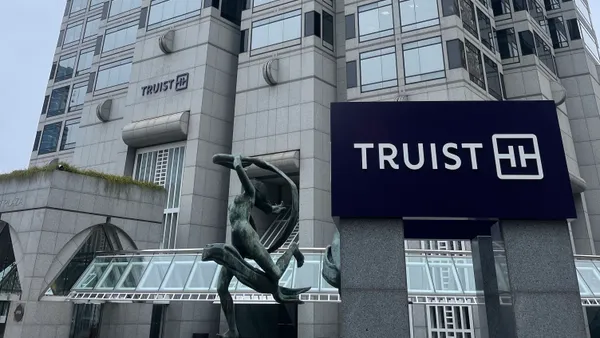Credit Suisse came near collapse months before its eventual bailout, the Swiss Financial Market Supervisory Authority said Tuesday, according to Reuters.
Finma, which has faced criticism for its oversight of the bank, called for expanded authority to regulate lenders to prevent future crises. In Credit Suisse’s case, the Swiss government intervened and hatched a $3.25 billion rescue deal with UBS in March. Finma, meanwhile, faced criticism for failing to step in early on.
The Swiss regulator published an 84-page report Tuesday, detailing the failure of Credit Suisse and found that the bank’s implosion was due to "inadequate implementation of its strategic focus areas, repeated scandals and management errors," according to the Financial Times.
The regulator indicated that it took "far reaching and invasive" measures to fix the deficiencies it found at the 167-year-old bank as panicked customers rushed to withdraw huge amounts of cash following a succession of scandals and losses. However, the measures Finma took were not enough to avert the bank’s ultimate collapse.
"Although its actions had an effect, they were unable to overcome the causes of the loss of confidence, such as shortcomings in strategy implementation and in risk management," said Thomas Hirschi, head of Finma's crisis unit and bank division, according to the Financial Times.
The regulator performed 108 on-site assessments at Credit Suisse between 2018 and 2022 and found 382 points that required action, 113 of which were identified as high or critical, according to Reuters.
“These figures and measures illustrate that FINMA exhausted its options and legal powers,” the report noted.
Finma has demanded stronger powers, including the authority to impose fines and the option to publish information on enforcement proceedings. It is also trying to implement a senior managers' regime — a similar system in the U.K. — a set of rules that would make senior executives more accountable.
“Without these new instruments, the probability of a major bank collapsing again will simply be higher than if we have these new instruments that we are demanding,” said Finma’s interim CEO, Birgit Rutishauser, adding that the Swiss regulator would fight “vehemently” for the increased power.
The regulator plans to have 60 employees monitoring UBS but may increase the number later, depending on the new powers Finma gets, Hirschi said.
UBS CEO Sergio Ermotti talked along the same lines last month, when he called for greater powers for the Swiss regulator and sanctions for negligent banks following the Credit Suisse debacle while backing a set of reforms to Switzerland’s banking rules presented by a government-appointed panel of financial experts.
The panel set up in September to analyze Credit Suisse’s collapse found that Finma was not strong enough to handle banking crises, the Financial Times reported.
However, in its detailed report, Finma highlighted that its oversight of Credit Suisse has been extensive since 2012. The regulator had 43 preliminary probes into Credit Suisse to weigh potential enforcement actions, issued nine rebukes, and pursued 16 criminal charges over conduct at the bank.
Additionally, Finma completed 11 enforcement proceedings against Credit Suisse and three more against individuals at the bank, it said.
Eleven of the 14 enforcement actions have occurred since 2018, Finma said.
“Finma consistently informed Credit Suisse of risks, called for improvements, and imposed far-reaching measures,” the regulator said in its report, according to the Financial Times.
Banking supervision will become more critical in Finma’s oversight of UBS, as that lender is now Switzerland’s only global systemically important bank.
“It is clear that the state of the Swiss financial centre in five or 10 years’ time will be largely determined by whether the legal basis for supervision is strengthened today,” Marlene Amstad, Finma’s chair, said Tuesday.











